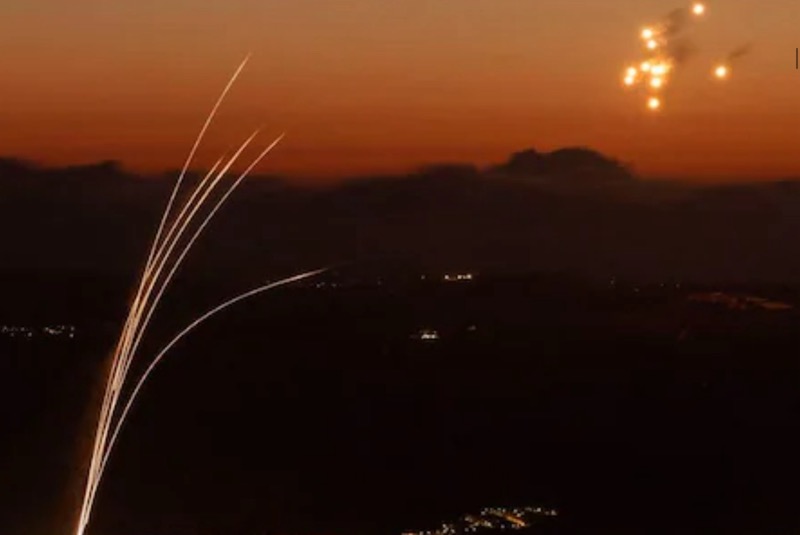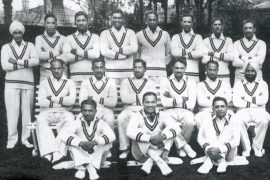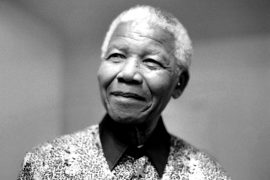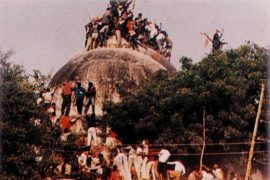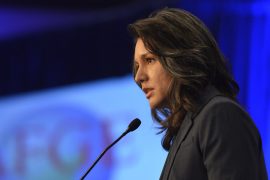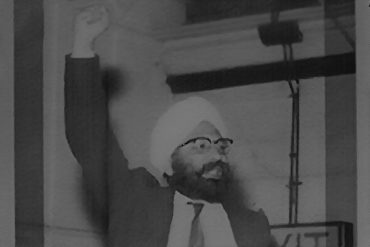Israel launched a series of preemptive air strikes in Lebanon— which it says is “an act of self-defense.” The Israel Defense Forces (IDF) said Hezbollah, the Iran-backed militant group, “was preparing to launch an extensive rocket and missile attack against central and northern Israel.” So, to neutralise these threats, Israel Air Force (IAF) fighter jets struck “targets belonging” to Hezbollah that “pose an imminent threat to the citizens of the State of Israel.”
In retaliation, Hezbollah launched “more than 320” Katyusha rockets, targeting 11 military bases and barracks in Israel. Though a large-scale attack, it did not target critical infrastructure, a major city, or civilians. In that sense, Hezbollah has abided by the rules of engagement in this retaliation. Hezbollah’s attack was a response to Israel’s attack on Beirut in which a top commander, Faud Shukr, was assassination.
The IDF said it intercepted most of the rockets Hezbollah launched toward Israel. However, as a precautionary measure, Israel’s Ben Gurion International Airport announced delays and diversions of flights early Sunday. Emergency services have also raised their level of readiness, anticipating potential large-scale attacks from Hezbollah.
Furthermore, the Israeli government imposed restrictions on gatherings and the movement of its citizens; up to 30 people can gather in an open area, and up to 300 in buildings. In Tel Aviv and Haifa, leisure activities were cancelled, and beaches and cultural centres were closed.
“Whoever harms us—we will harm them,” said Israel’s Prime Minister, Benjamin Netanyahu, reiterating that he is “determined” to do everything to return tens of thousands of residents who have been displaced in the north.
Lebanon’s news agency reported Israeli strikes in southern Lebanon, including in Tayr Harfa, Deir Seryan and Beit Yahoun. The attack, as the New York Times report says, was “the most violent” since the start of the war in Gaza.
Since 8 October 2023, Hezbollah has been engaged in daily exchange of fire with the Israeli army across the ‘Blue Line,’ resulting in hundreds of casualties, mostly on the Lebanese side. However, the assassination of a senior Hezbollah commander, Fouad Shukr, by Israel in July this year prompted fears of a full-fledged war.
These developments have raised concerns about an escalation of the violence between Hezbollah and Israel. Furthermore, Hamas says it fired a rocket at Tel Aviv, which the IDF says fell in the suburbs. The attacks took place even as efforts continue for a ceasefire and hostage release deal in Gaza, the main hope to de-escalate tensions along the border.
Responding to the heightened tensions in the region, the United States said it would “keep supporting Israel’s right to defend itself’. United States National Security Council Spokesperson Sean Savett said: “At President Joe Biden’s direction, senior US officials have been communicating continuously with their Israeli counterparts. We will keep supporting Israel’s right to defend itself, and we will keep working for regional stability.”
The US Defence Secretary Lloyd Austin said he spoke to his Israeli counterpart Yoav Gallant to discuss Israel’s defence against any attacks from Hezbollah. In a post on X, he said, “I reaffirmed the United States’ ironclad commitment to Israel’s defence against any attacks by Iran and its regional partners and proxies.”
Similarly, the UK’s Defense Secretary, John Healey, underscored the UK’s support for Israel’s security and the importance of agreeing on a ceasefire in Gaza. He said, “we discussed our shared concern to avoid escalation and wider regional conflict.”
Following Israel’s air strikes, Lebanon’s caretaker Prime Minister, Najib Mikati, called an emergency meeting of the ministerial committee at his home in Beirut to discuss the situation.
The memories of the full-scale war between Israel and Lebanon in 2006 are still fresh; much of Lebanese infrastructure was destroyed, and more than 1,000 people were killed. Since then, Lebanon has endured a series of crises, including an economic collapse, political paralysis and the disastrous explosion in Beirut’s port four years ago.
Lebanon can’t afford another war. The Lebanese people do not want another war. However, “when you speak to people here, they make it very clear they won’t be the decision-makers. They understand perfectly well it won’t be the Lebanese government or the Lebanese army that decides whether or not there is war. It will be the Iranian-backed group Hezbollah and Israel. To some extent, there is a degree of resignation, but there is also anxiety.”
-30-
Copyright©Madras Courier, All Rights Reserved. You may share using our article tools. Please don't cut articles from madrascourier.com and redistribute by email, post to the web, mobile phone or social media.Please send in your feed back and comments to [email protected]

